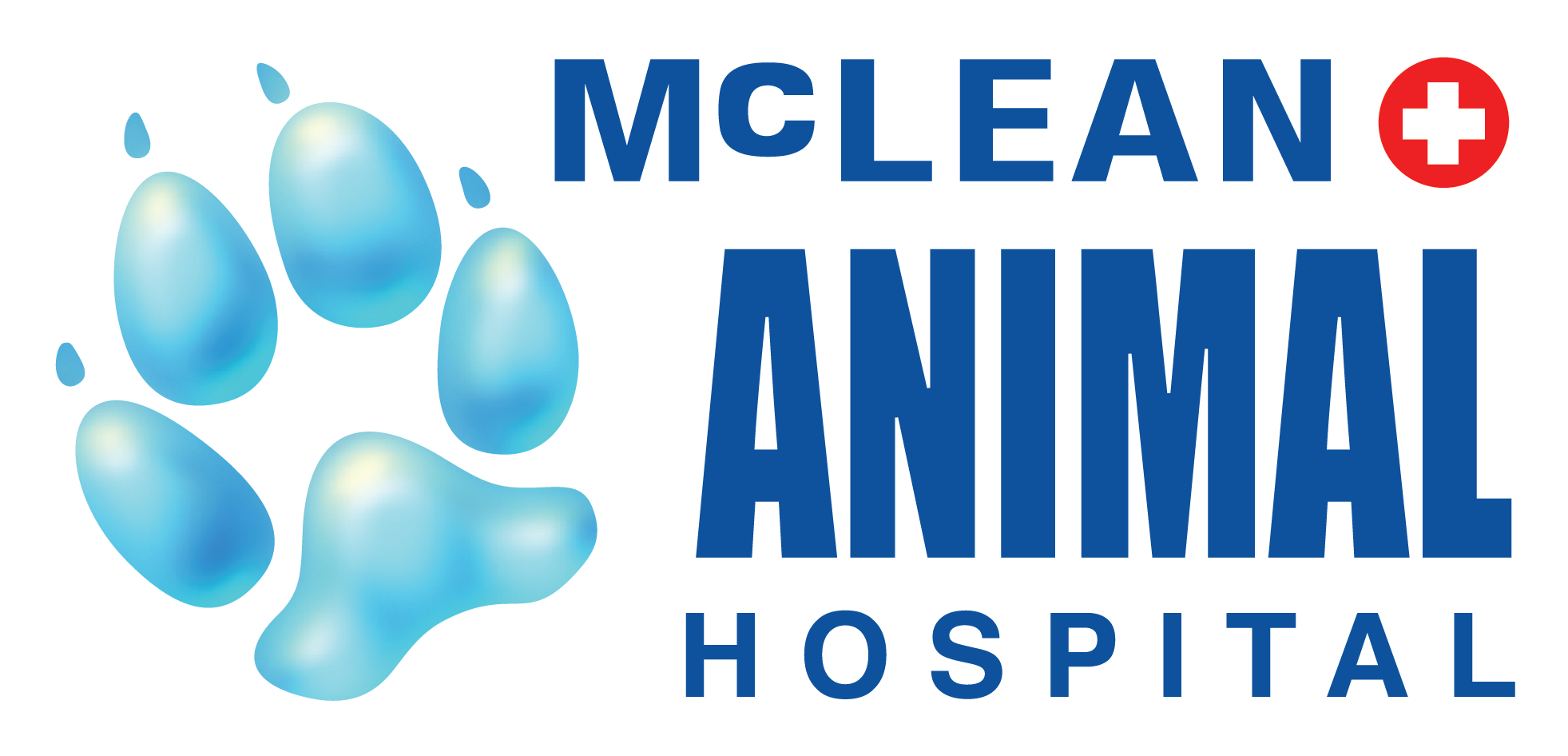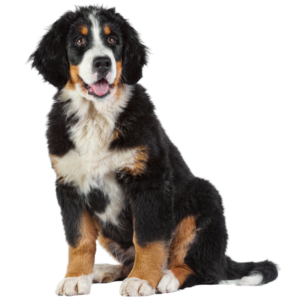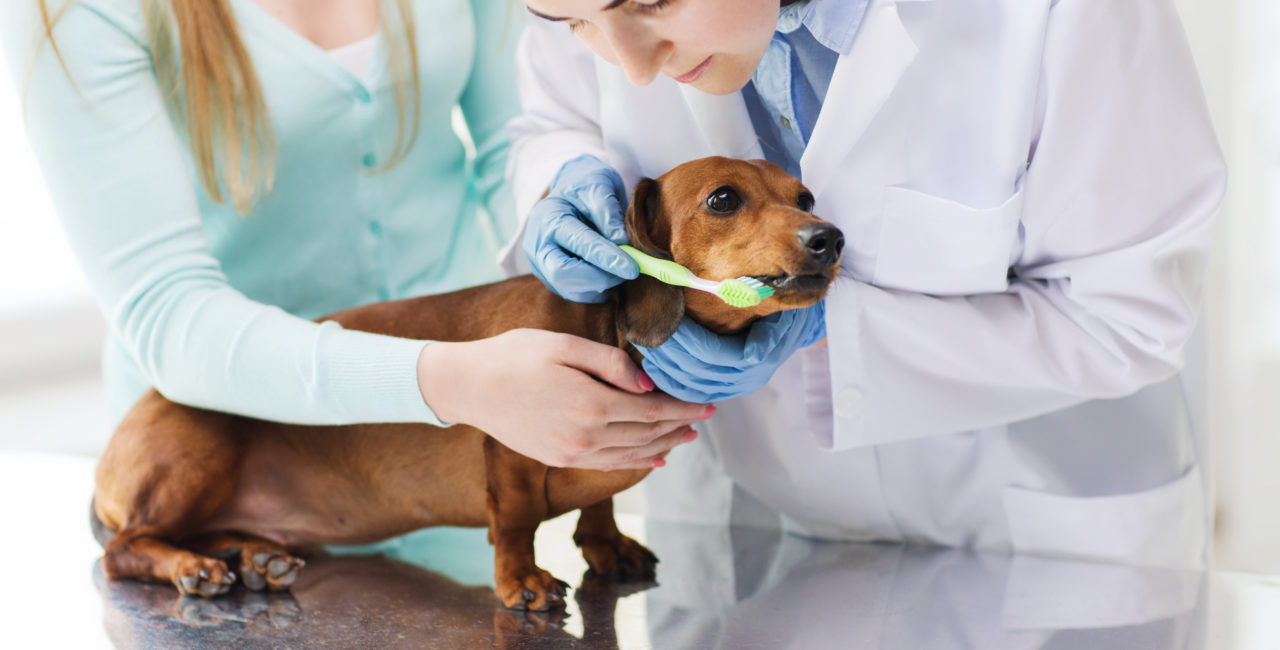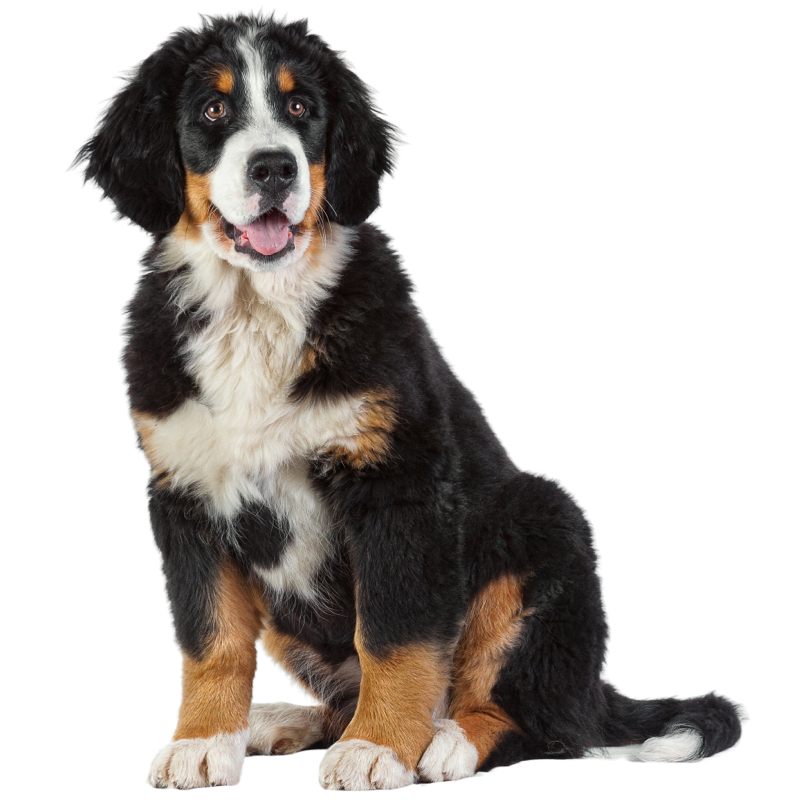I recently presented a dental seminar at McLean Animal Hospital and the overall feedback was many pet owners did not realize the importance of good oral health for their pets. The oral cavity is a highway to the rest of the body and bacteria present in tartar can enter into the bloodstream and travel to the heart, kidneys and liver causing potential harm.
Preventative medicine is important to help reduce tartar formation and there are several ways to achieve this, however it is always best to consult a veterinarian about the best option for you and your pet.
At McLean Animal Hospital, we recommend the following preventative strategies:
- Brushing your pet’s teeth every day is the gold standard. It’s important you do this correctly, a veterinarian or veterinary technician are excellent resources to demonstrate the proper brushing technique.
- Feeding a veterinarian prescribed dental diet. There are many pet diets saturating the market with unsubstantiated claims of “tartar fighting”, helps “clean teeth” etc. but only diets sold through a veterinary hospital has the scientific research behind their claims.
- Water additives, dental chews etc. available through your veterinarian are viable alternatives if brushing or dental diets are not an option. As with dental diets, water additives and dental chews sold through an animal hospital have the research to validate their claims.
- Preventative dental cleanings with your veterinarian. Many pet owners are afraid of the risks associated with anesthesia and often believe the risks far outweigh the benefits of a healthy mouth. The truth is, dental disease is very painful and if you’re waiting for your pet to stop eating, then you’ve waited too long. Anyone who has ever experienced oral pain from an infected, impacted or broken tooth can tell you the pain is excruciating, our pets are not immune to this pain. If necessary, we recommend dental cleanings as part of a pet’s oral health care program to prevent irreversible dental disease.
It is also important to note, any dental procedure (scaling, polishing and extractions) must be done at a veterinary hospital by a veterinarian. We have the formal training and experience to ensure your pet receives the best care and medicine. Dental procedures offered outside an animal hospital is not only inappropriate and performed by an untrained individual, but is considered practicing veterinary medicine without a license which is, in fact, illegal.
We believe a healthy mouth is important for every pet. Please call or email McLean Animal Hospital if you have any questions regarding your pet’s dental health.
Written by: Dr. Eva Chung




